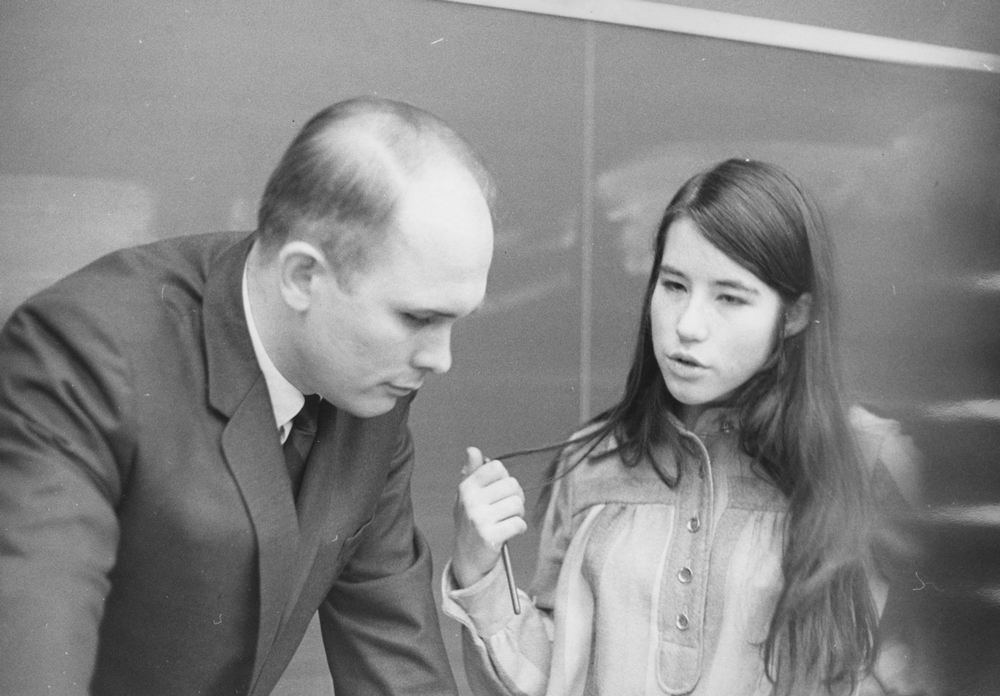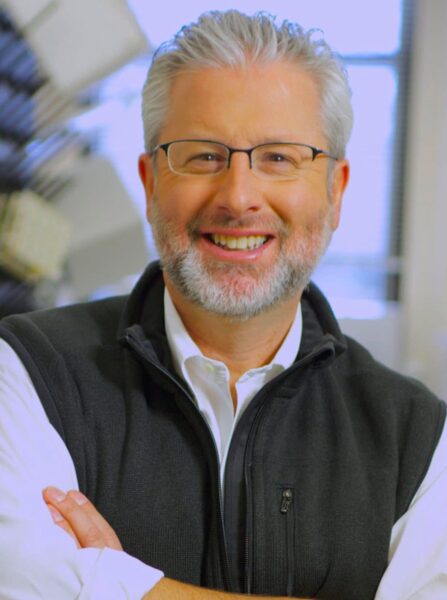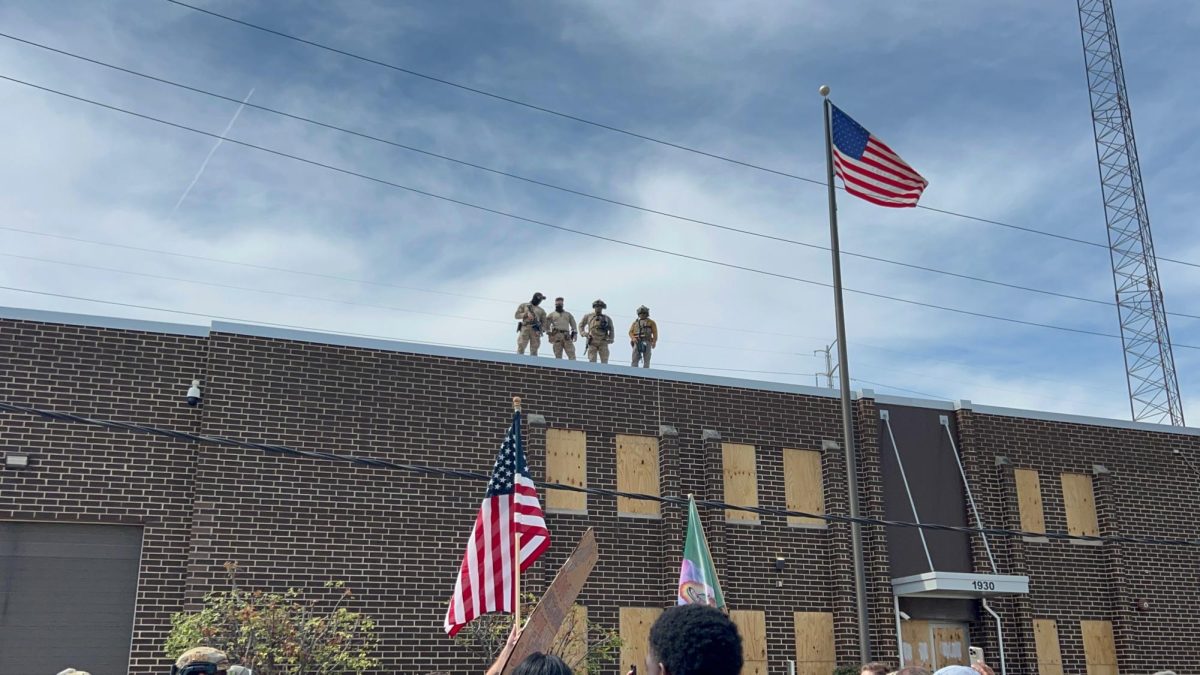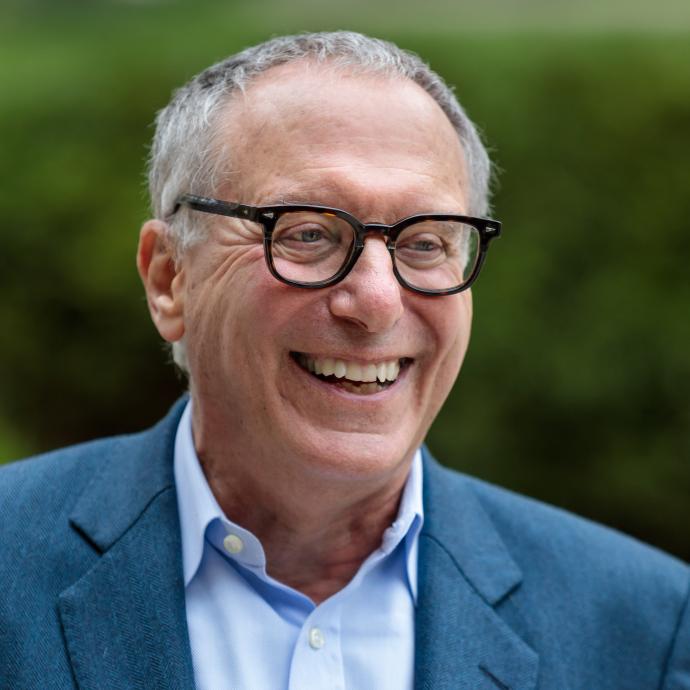President Don Randel and Vice President and Dean of Students Stephen Klass met with members of the University community Monday for their installment of the “Brown Bag” forum, discussing concerns ranging from the future of housing, elevators in the Shoreland, the student-faculty ratio, construction at the International House, the midwifery program, and relations between the University and Hyde Park at large.
A prominent topic of conversation at the forum was the future of the Shoreland. Quinn Carey, coordinator of the Save the Shoreland campaign, and Ralph Patrello, both second-years in the College from Hale House in the Shoreland, said that they came to the meeting expressly to raise questions about the future of their dorm. “We’re very much in favor of any opportunity for open dialogue. [This is a] perfect opportunity to ask questions,” Carey said.
The two students sold shirts and distributed free Save the Shoreland pins before Randel and Klass arrived.
Nearly half the meeting was devoted to discussing the future of the Shoreland. Klass complimented the website of the Save the Shoreland campaign, and Randel expressed his admiration for the group’s t-shirts.
He explained that a minimum of $45 million would be needed to fix the Shoreland. He also said that the Kidwell Commission’s 1996 report turned up compelling evidence that many students felt that they lived on a commuter campus, and thus the commission had strongly recommended that the University build many attractions on campus to create a center of campus life.
Carey disagreed with Klass, citing a recent survey conducted in the Shoreland. “The survey shows that the vast majority of Shoreland residents feel that they’re an integrated part of campus,” she said. “Almost all the students answered they wanted to live in the Shoreland, even considering [the building’s] problems.”
Klass replied that he is looking forward to the students’ framing of the data they have collected, and urged them to submit their findings to the administration so that they can be included in the final report on the matter.
While discussing potential future plans for housing, Klass referenced the University’s history for support. He said that in the 1930s, a mirror of Burton-Judson was planned, but not completed because the funds allotted for the project ran dry. “It’s too bad,” Klass said. “I would have liked more Indiana Limestone on that part of campus.”
Klass drew laughs from the crowd when he said, “50 million [dollars] here, 50 million there—pretty soon you’re talking about real money.”
One student inquired about an incident where three people in the Shoreland had been trapped in an elevator that dropped and then stopped between floors. Randel said he was not aware of the event, calling it a detail he hadn’t heard.
Randel said that there has been a great deal of communication between the administration and students, adding that the Brown Bag forum was an effective way to exchange perspectives. “It can honestly be said that we have not been short of opportunities to have open exchanges,” Randel said.
One woman present asked about the future of the midwifery program on campus and expressed her dismay at the fact that Randel has not responded to a petition signed by 140 faculty members, in favor of maintaining the midwifery program on campus.
Randel replied that he would help to facilitate a meeting between the supporters of the program and the relevant members of the administration. “We have to be careful that there’s not misinformation on both sides of this. Let’s make sure we understand the facts,” he said.
Randel also commented that the woman’s baby was gorgeous. “I was going to offer to hold it. I have two granddaughters that size. I’m really good,” he said. “I’m deeply concerned about families and children at this University.”
Hui Cheng, a first-year student in the Graduate School of Business and resident of the International House, said he attended the meeting to discuss the construction at his home. “We’re trying to approach the school about our concerns regarding the ongoing construction of the entire [exterior]. We feel that it should not be happening during the academic year. [It is] loud and disruptive. So far, our efforts to reach the director of the I-House have failed,” he said.
When asked if future dorms will resemble Palevsky in any way, Klass said that he was not thoroughly pleased with the placement of lounges at the end of hallways. “The only thing we’d repeat is having the focus groups of students [to help design the dorms],” he said.
Both Randel and Klass stayed after the forum ended, taking time to talk to people individually. One student who lingered after the meeting to speak with the two administrators said, “It felt like a good meeting, but the question remains—to what extent will the administration end up fixing our concerns through their actions?”
Approximately 60 people attended the lunchtime discussion in the South Lounge of the Reynolds Club, including undergraduates, graduate students, alumni, and members of the Hyde Park community.
The Student Government organizes the Brown Bag series, now in its fourth year, and the president and vice president volunteer each time. “I think the forum worked rather well today,” said Bo Shan, student body president. He said that when the administration comes to favor a particular initiative, students should be given the right to speak, and forums such as this one help.
While many arrived with specific questions and concerns, some in attendance had other goals in mind. Fithawee Tzeggai, a second-year in the College, said, “I ran into someone who was going, and I wanted some food.”








